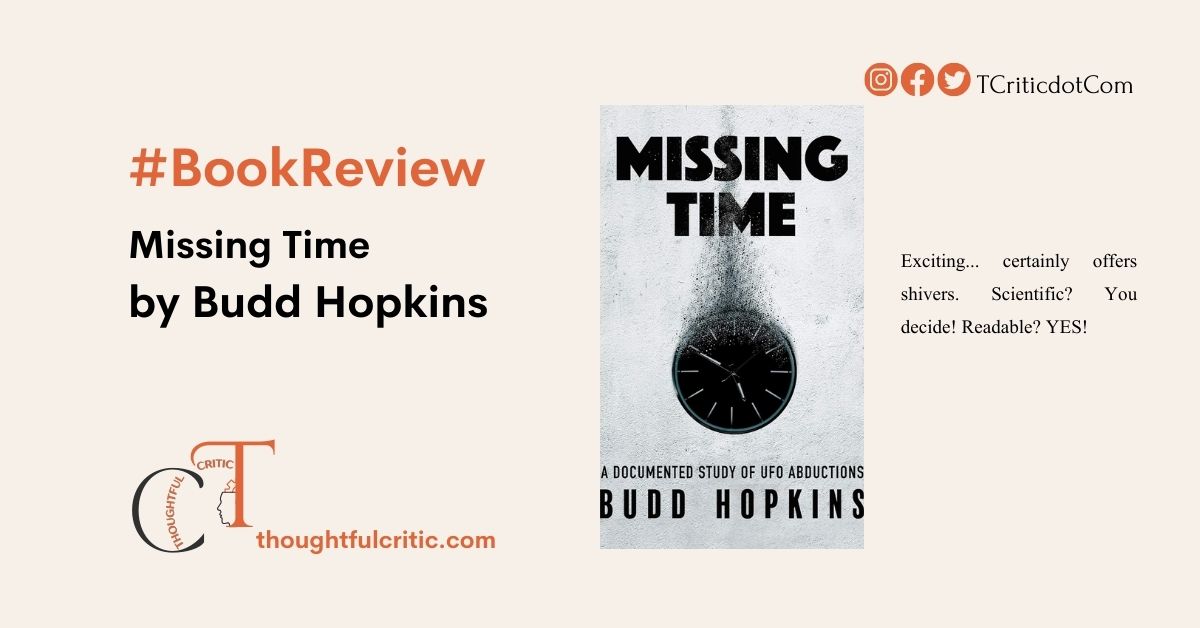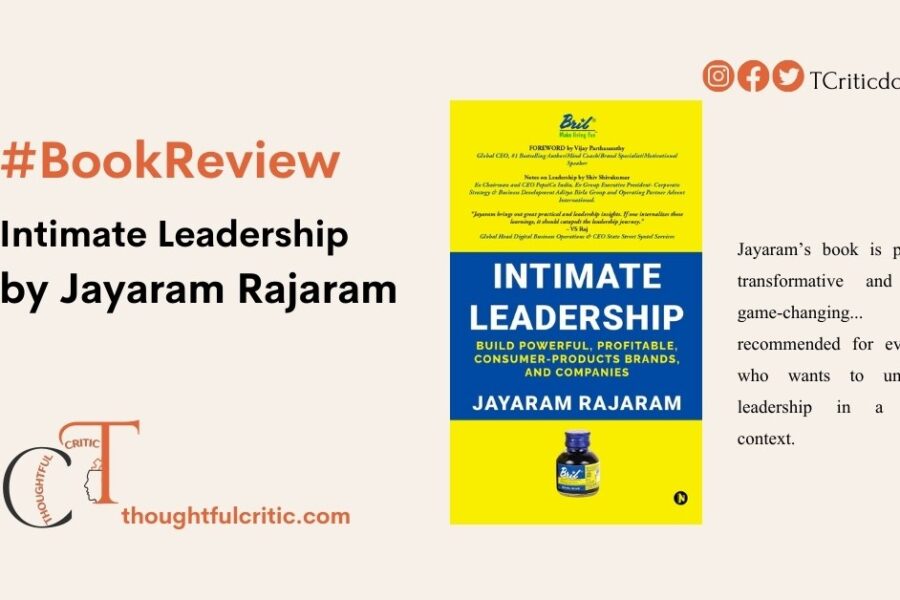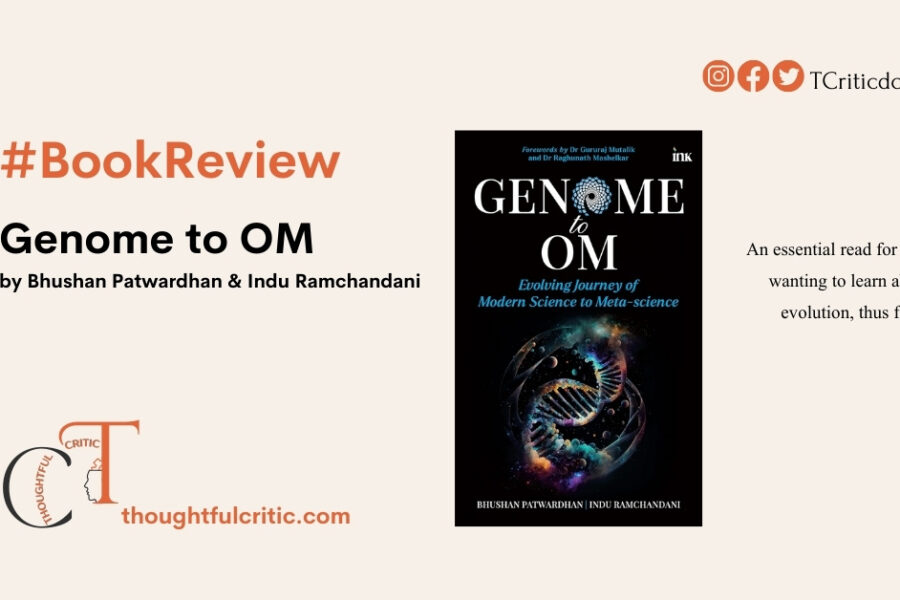Title: Missing Time
Author: Budd Hopkins
Publication Year: 1981
Pages: 266 (E-book)
Genre: Non-fiction, Ufology, Alien Abduction
“Missing Time” by Budd Hopkins is a seminal work in the field of Ufology, mainly focusing on the phenomenon of alien abductions. Published in 1981, the book presents a collection of case studies and narratives of individuals who claim to have experienced periods of lost time, later recovered through hypnosis and other investigative methods, which they attribute to encounters with extraterrestrial beings.
Brief Summary:
Hopkins’ work delves deeply into the personal accounts of individuals who report experiencing missing time, a phenomenon where a segment of time is unaccounted for in their conscious memory. Once the subjects undergo hypnotic regression, these gaps are often filled with disturbing and extraordinary details of alien abductions. This book explores the phenomenon of alien abductions through a series of case studies. The author discusses individuals experiencing unexplained periods of lost time, later recovered through hypnosis, revealing encounters with extraterrestrials. Hopkins identifies common elements such as medical examinations and recurring nightmares, suggesting a consistent abduction pattern. Though his use of hypnosis has been controversial due to concerns about false memories, Hopkins’ empathetic narrative gives voice to the psychological trauma experienced by abductees. “Missing Time” is a foundational work in Ufology, offering a compelling yet debated examination of alien abductions, and has significantly influenced subsequent research and public discourse on the subject.
Critical Cases and Themes:
1. Betty’s Case: One of the central narratives involves a woman named Betty, who recounts being taken aboard a spacecraft and subjected to medical examinations. Her story and others highlight common elements such as paralysis, medical procedures, and interactions with non-human entities.
2. Commonalities in Abduction Experiences: Hopkins identifies recurring themes and patterns among different abductees, such as missing time, physical marks on the body, and recurring dreams or nightmares. These elements contribute to a larger framework suggesting that these encounters follow a consistent protocol or pattern.
3. Hypnosis as a Tool: The use of hypnosis is a critical aspect of the book. Hopkins employs this technique to recover memories of abduction experiences. While the use of hypnosis is controversial and its reliability debated, Hopkins presents it as a vital tool for uncovering hidden memories.
4. Psychological Impact: The book also explores the psychological ramifications of these experiences on the individuals. Many report isolation, fear, and confusion struggling to reconcile their experiences with everyday reality.
Critical Analysis:
“Missing Time” has been both influential and controversial. Hopkins’ meticulous documentation of abduction cases provides a compelling argument for the existence of a widespread phenomenon. His systematic approach to gathering testimonies and evidence has lent a degree of credibility to the study of alien abductions within the ufology community.
However, the reliance on hypnosis as a primary tool for memory recovery has drawn significant criticism. Hypnosis as a method is prone to producing false memories influenced by the hypnotist or the subject’s expectations. There is substantial doubt about the validity of the recovered accounts. Additionally, the book often lacks rigorous scientific scrutiny, relying more on anecdotal evidence than empirical data. Critics also argue that Hopkins may exhibit confirmation bias, interpreting evidence in a way that supports his belief in widespread alien abductions. Despite its empathetic treatment of subjects, the book’s methodological flaws and speculative nature limit its acceptance within the broader scientific community, casting doubt on its conclusions about extraterrestrial encounters.
Nevertheless, Hopkins’ narrative style is both engaging and empathetic. He treats his subjects with respect and sensitivity, acknowledging the trauma and fear associated with their experiences. One can argue that this humanistic approach helps readers connect with the abductees’ stories on a personal level, making the book not only a study of a mysterious phenomenon but also a poignant exploration of human vulnerability.
What helps the book stand out?
“Missing Time” by Budd Hopkins stands out in the field of ufology literature for its pioneering exploration of alien abductions, published in 1981. Unlike many other works, it systematically uses hypnotic regression to uncover hidden memories of abductions, offering detailed and elaborate accounts. Hopkins’ focus on identifying common themes and patterns across cases, such as medical examinations and missing time, helps build a consistent framework for understanding these experiences. His empathetic treatment of subjects, highlighting their psychological trauma, adds a humanistic dimension, making the phenomenon relatable. Compared to sceptical works, Hopkins presents a more accepting perspective, and his book has significantly influenced subsequent research and public discourse. It contrasts with and complements other abduction literature, such as Whitley Strieber’s “Communion” and John E. Mack’s “Abduction,” by providing an early and foundational analysis through detailed case studies and the controversial use of hypnosis.
If you are interested in reading books on UFOs, aliens, and extraterrestrials, here is an article: Best books on ALiens and UFOs
Contribution to Ufology: “Missing Time” is a cornerstone in alien abduction research. It has inspired further studies and opened up public discourse on the possibility of extraterrestrial encounters. Hopkins’s work has paved the way for other researchers and helped establish a body of literature that continues to explore the abduction phenomenon.
Conclusion:
Budd Hopkins’ “Missing Time” is a pioneering work that offers an in-depth look into the mysterious and often unsettling world of alien abductions. While its methods and conclusions may be debated, its impact on the field of Ufology is undeniable. Ufologyose is interested in “Missing Time” and thoroughly examines a phenomenon that challenges our understanding of reality and human experience.
by Anand for Thoughtful Critic
Missing Time by Budd Hopkins Book Review
-
Critical Rating
Summary
It is thrilling and chilling to an extent. However, relying on hypnosis (or regression) cannot be scientific (entirely). For readers, however, the best part is reading! And there, it excels.




